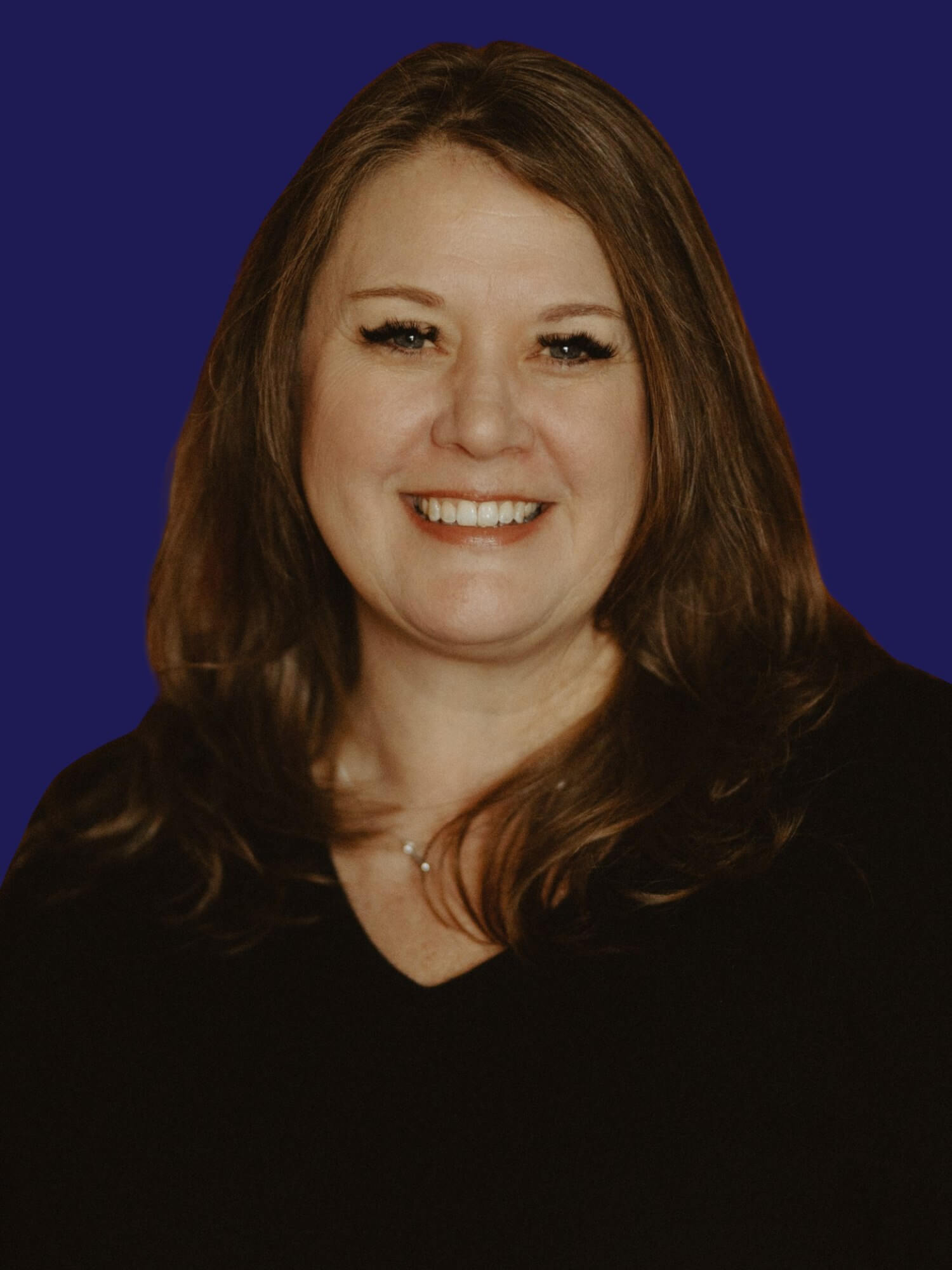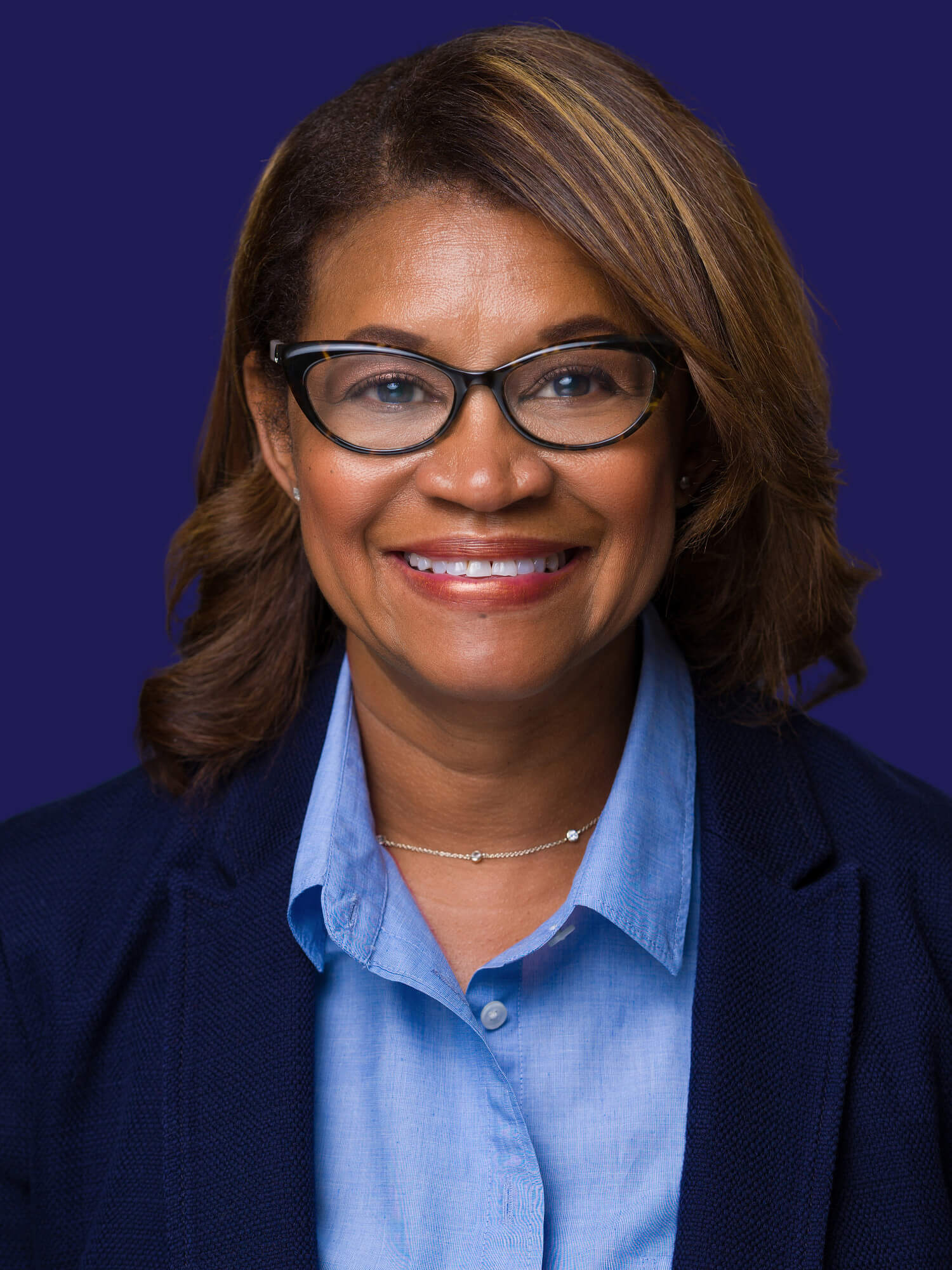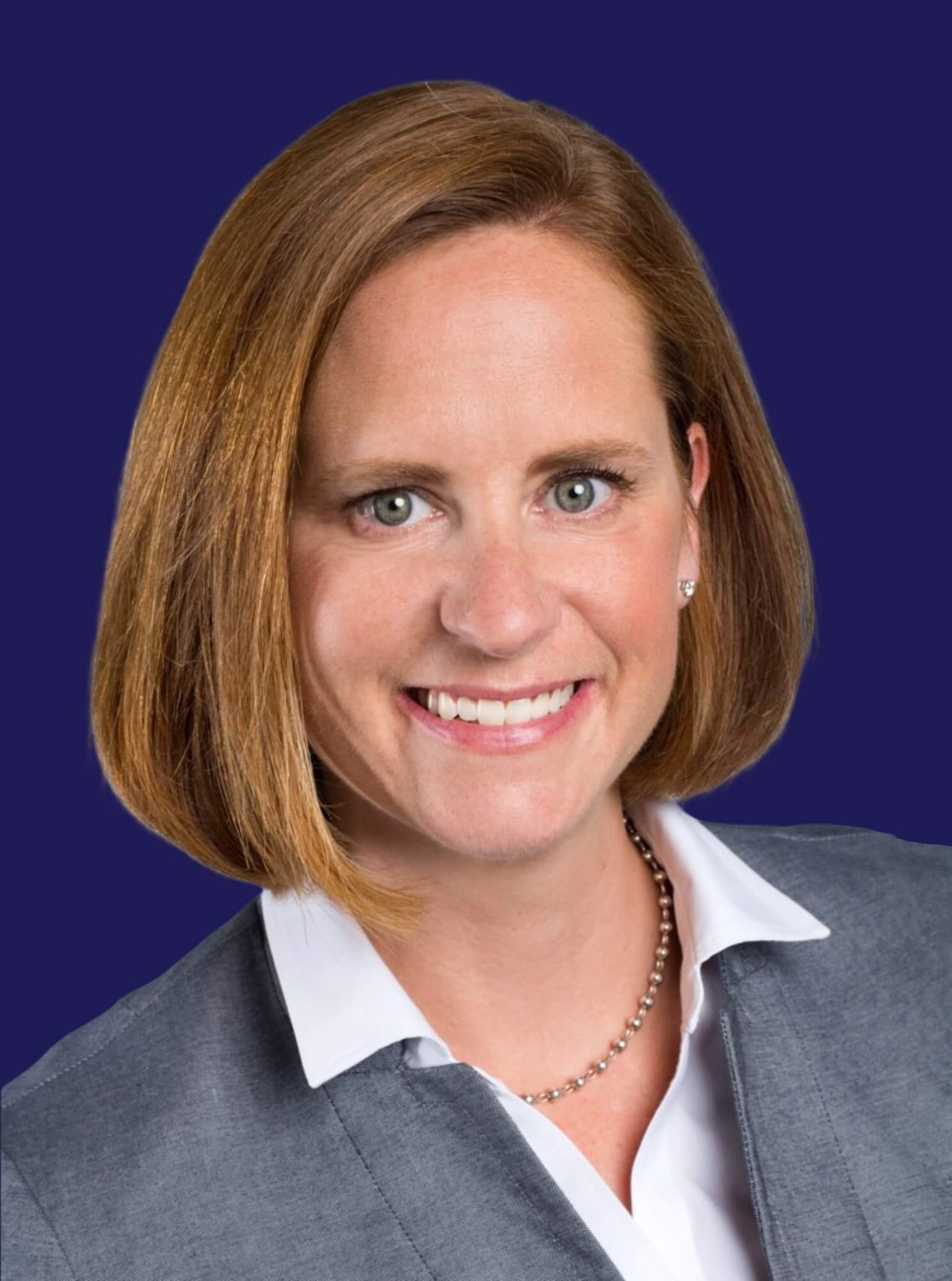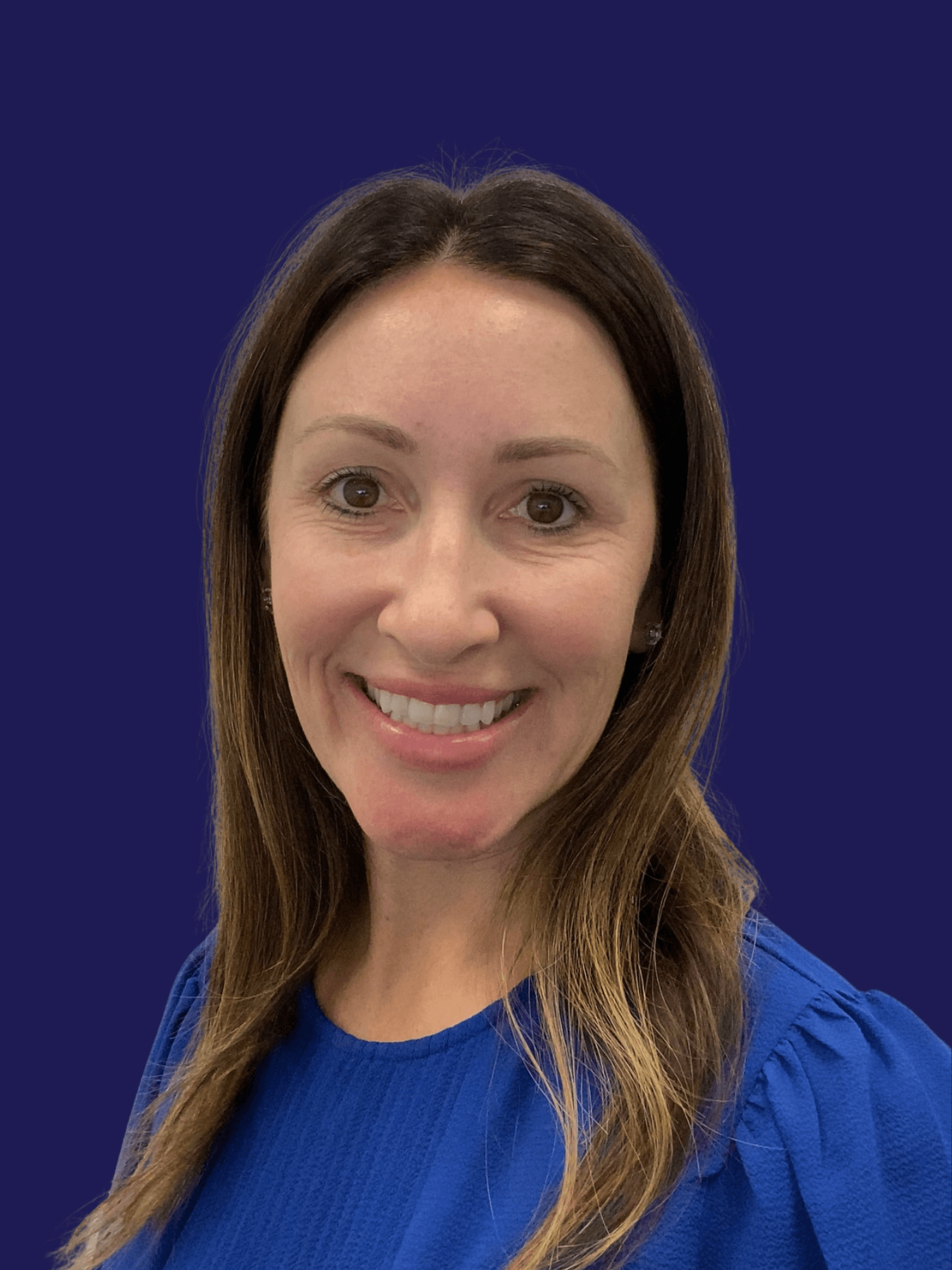Leadership Team

Steve Quattrociocchi
President
Steve Quattrociocchi
Steve Quattrociocchi is the President of Catapult Learning. Steve has a long track record of leadership and operational experience in the field of education. Prior to joining Catapult Learning, Steve served as the COO and CFO of Ashford University. He also led technology-enabled education services at the C-level or as Division President at three public higher education companies, where he was responsible for implementing technology solutions to enable meaningful interactions between education professionals, students, and families. Steve also spent several years leading the test preparation business at The Princeton Review through the launch of online learning, an IPO, and international expansion and growth. Steve is a native of Rochester, NY and holds a BS degree from M.I.T. and an MBA from The Wharton School of The University of Pennsylvania.

Ellen McGahey
Territory Vice President, Midwest
Ellen McGahey
Ellen McGahey is Catapult Learning’s Territory Vice President for the Midwest territory and provides operational oversight and leadership for all Catapult Learning programs delivered in the region. Ellen joined Catapult in 2006 as a Title I teacher and has held various leadership roles in the Midwest and on a national level since. Prior to joining the Catapult Team, Ellen was a teacher and curriculum developer at a school in the Archdiocese of Detroit. She has over two decades of experience providing thought leadership, program development, and support to school administrators as they work to provide critical support services to their staff and students. Ellen received her bachelor’s degree in education from Wayne State University, Detroit and her master’s degree in Curriculum & Instruction from Grand Canyon University in Phoenix.

Devon Wible
Vice President, Academics
Devon Wible
As Catapult Learning’s Vice President of Academics, Devon Wible oversees the development of programs and services, including overseeing their alignment to various standards. Devon also manages Catapult Learning’s instructional quality initiatives and team. She has an undergraduate degree in history from Princeton University and a master’s degree in Curriculum and Instruction from the University of Kansas. She taught high school social studies in New Jersey. When she left the classroom, Devon managed social studies curriculum development at Kaplan K12 Learning Services, where she partnered with school leaders at middle and high schools to develop standards-aligned core curriculum, model lessons, performance assessments, and professional development. After two years leading social studies development at Kaplan, Devon was promoted to lead the College Prep and K12 curriculum and academics teams where she pioneered a new approach to differentiating instruction in test prep.

Annette Charles
Territory Vice President, South & West
Annette Charles
Annette Charles is Catapult Learning’s Territory Vice President for the South territory and provides operational oversight and leadership for all Catapult Learning programs delivered in the region. Her division delivers services for public and non-public schools, including instruction, intervention, and professional development. Annette has nearly 2 decades of experience maintaining strong professional relationships with key personnel in school districts and customer service. In addition to her excellent management and communication skills, she has five years of educational experience as an assistant principal in the Hurst-Euless-Bedford Independent School District. She received a master’s degree in education administration from the University of Texas and a master’s degree in curriculum and instruction from Northeastern University in Boston.

Diane Rymer
Territory Vice President, Mid-Atlantic
Diane Rymer
Diane Rymer is Catapult Learning’s Territory Vice President for the Mid-Atlantic and provides operational oversight and leadership for all Catapult Learning programs delivered in the region. Previously, Diane served as Catapult Learning’s Vice President of Professional Development and was responsible for the overall development and implementation of all professional development programs. She has extensive experience providing thought leadership, direction, and support to school administrators as they lead complex instructional change and foster a culture of learning in their schools. Diane brings a wealth of professional development experience, including Supervisor of Professional Development at Baltimore County Public Schools and Assistant Director of Professional Development at Maryland Public Television. Diane earned her Master of Science/Technology for Educators from John Hopkins University and her Bachelor of Arts in elementary education from Loyola University, Maryland.

Kim Seoudy
Vice President, Recruitment
Kimberly Seoudy
Kim Seoudy is Catapult Learning’s Vice President of Recruitment, driving the strategic direction and operations of our talent acquisition team across the nation. Kim joined the Catapult Learning team in 2022. She has extensive experience leading teams of recruiters to meet the needs of student-focused organizations including Teach For America, TNTP, and KIPP Texas Public Schools. Kim began her career as a high school English teacher and continues to hold the classroom close to her heart. She is driven by a commitment to ensure every child has access to an inspiring and empowering education. Kim earned a Bachelor of Arts in cultural anthropology, psychology and Spanish from Duke University and an MBA at The University of Texas at San Antonio.

Jessica Petersen
General Manager, PD Services
Jessica Petersen
Jessica Petersen has been in the field of education, serving students and teachers, for nearly 20 years. She has a passion for education and experience in addressing the unique needs of school districts pertaining to teacher and leadership growth and development.
Jessica is honored to lead FullBloom’s professional development (PD) business and to oversee the expansion of relevant and timely PD offerings that promote both educator and student success. Prior to working with FullBloom, Petersen served as the vice president, professional services at Houghton Mifflin Harcourt (HMH). While at HMH, Petersen successfully led transformation efforts across professional services with focused recruiting efforts, enablement, and execution of a services strategy to increase revenue and customer satisfaction. Before HMH, she spent a decade working for Kaplan K12 Learning Services in various roles. Petersen started her career working in the classroom as a K-12 teacher.
Bill Backall
Senior Vice President, Northeast
Bill Backall
Bill Backall is Catapult Learning’s Senior Vice President for the Northeast and provides operational oversight and leadership for all Catapult Learning programs delivered in the region. Joining the Catapult Learning family in 2000, Bill has since held positions at various levels of management within our operations teams and leverages nearly two decades of experience in ensuring operational excellence in his region. Bill earned his MBA in Management Information Science from Drexel University and a B.S. in Business Administration from Villanova University.
Stephen Freeman
Founder
Stephen Freeman
Stephen Freeman is the Founder of Catapult Learning. He previously held the position of President and Chief Executive Officer. His professional experience—spanning four decades—has focused on the development and management of educationally related services programs for nonpublic and public schools. Stephen is a school psychologist as well as a licensed clinical psychologist, and has practiced as both. Stephen holds a bachelor’s degree in Psychology and master’s degree in School Psychology from Temple University.
